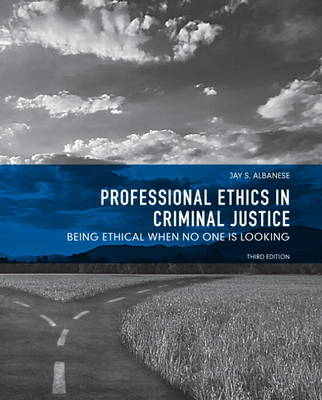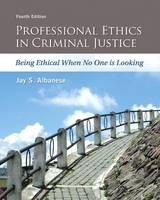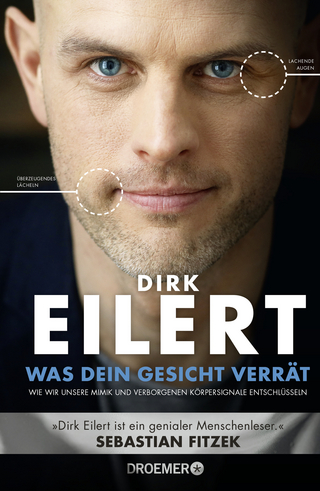
Professional Ethics in Criminal Justice
Pearson (Verlag)
978-0-13-137565-9 (ISBN)
- Titel erscheint in neuer Auflage
- Artikel merken
Jay S. Albanese is professor in the Wilder School of Government and Public Affairs at Virginia Commonwealth University. He served as chief of the International Center at the National Institute of Justice (NIJ), the research arm of the U.S. Department of Justice. Dr. Albanese received his Ph.D. and M.A. degrees from Rutgers University and his B.A. from Niagara University. He was the first Ph.D. recipient from the Rutgers School of Criminal Justice. Dr. Albanese is author or editor of 18 books that include Organized Crime: From the Mob to Transnational Organized Crime (7th ed., Routledge, 2015), Criminal Justice (5th ed., Prentice Hall, 2013), Transnational Crime and the 21st Century(Oxford University Press, 2011), Comparative Criminal Justice Systems (with H. Dammer, 5th ed., Wadsworth, 2014), and editor-in-chief of The Encyclopedia of Criminology and Criminal Justice (Wiley, 2014). Dr. Albanese is recipient of the Elske Smith Distinguished Lecturer Award from Virginia Commonwealth University and the Scholar Award in Criminal Justice from the Virginia Social Science Association. He is a Fulbright Specialist and has served as executive director of the International Association for the Study of Organized Crime, on the Executive Board of the American Society of Criminology, and is a past president and fellow of the Academy of Criminal Justice Sciences.
1. Recognizing Ethical Decisions: Ethics and Critical Thinking
2. Virtue Ethics: Seeking the Good
3. Formalism: Carrying Out Obligation and Duty
4. Utilitarianism: Measuring Consequences
5. Crime and Law: Which Behaviors Ought to Be Crimes?
6. Police: How Should the Law Be Enforced?
7. Courts: How Ought a Case Be Adjudicated?
8. Punishment and Corrections: What Should Be Done with Offenders?
9. Liability: What Should Be the Consequence of Unethical Conduct?
10. The Future: Will We Be More or Less Ethical?
| Erscheint lt. Verlag | 27.1.2011 |
|---|---|
| Sprache | englisch |
| Maße | 186 x 232 mm |
| Gewicht | 327 g |
| Themenwelt | Recht / Steuern ► Strafrecht ► Kriminologie |
| Sozialwissenschaften ► Soziologie | |
| ISBN-10 | 0-13-137565-2 / 0131375652 |
| ISBN-13 | 978-0-13-137565-9 / 9780131375659 |
| Zustand | Neuware |
| Haben Sie eine Frage zum Produkt? |
aus dem Bereich



